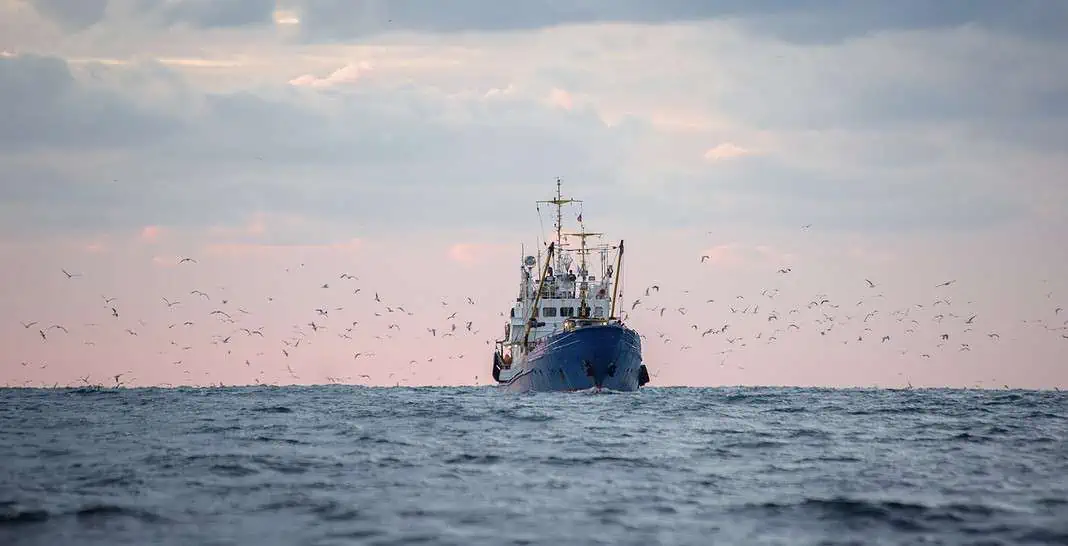Oceana released a report highlighting the importance of increased transparency around fishing in the open ocean.
The survey found that the industry is opaque, and some vessels have avoided going into port for over two years. The report highlights how these ultra-long voyages indicate less-than-legal activities happening on these vessels.
Key findings in the report include:
- 2,700 fishing vessels spent more than 180 days out at sea.
- China has the most vessels making ultra-long voyages.
- Almost a quarter (23%) of fishing vessels remained at sea for over a year.
- The longest voyage by a fishing vessel was a massive 1,100 days.
- One vessel circumnavigated the globe on a 730-day voyage.
- Nearly 40% of squid jiggers spent more than one year at sea.
According to Oceana Campaign Director Dr. Max Valentine:
“Extensive time at sea keeps vessels away from scrutiny and increases the risk of illicit conduct on the high seas. Without port visits, these vessels can avoid oversight for sometimes years at a time. We cannot have accountability at sea without transparency at sea. Most U.S. seafood that is in our stores, restaurants, and schools is imported, which means American consumers are at risk of purchasing products which could have been caught illegally or by using forced labor from these long voyages. Countries around the world must adopt policies to increase transparency at sea to mitigate risks to our oceans and those who depend on them.”
You can find out more information here.

